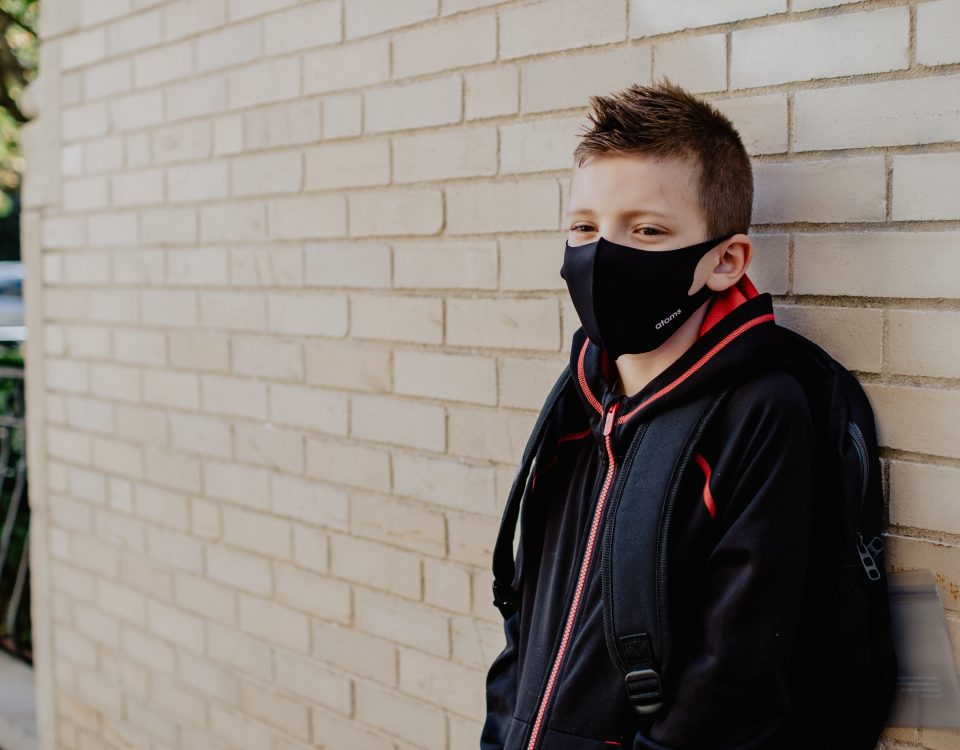
The researcher inside me; the search for meaningful research in a shifting academic landscape
May 6, 2018
Communication as the basis for understanding
June 24, 2018Can the culture of YouTube inform our practice in Teacher Education?

Creating and using video playlists to support learning
As part of our efforts to embed purposeful opportunities to explore and develop digital literacy skills in the on-going professional experiences of our MA (Hons) Teacher education students at the University of Dundee we have been nurturing and growing the use of an eportfolio that is created in a WordPress blog. The process of creation and the skills required to maintain this blog are quite involved and so I gave some thought to how I could create support materials to ensure that our students had points of reference for their learning away from my core course inputs.

In the past we have been reliant on the printed handout with step-by-step instructions; that established and trusted way of creating fail-safe guidance which had only been enhanced by virtue of our ability to take a screenshot of each step! In the past I would have taken the time to craft the necessary handouts but my ongoing thinking about the impact of digital tools on the way people learn meant that I ended up doing something that has since made a significant change to my professional practice. The rise and of YouTube led me to screencasting a series of short help videos that I now then publish on my own YouTube channel.
My interest in the place of video tutorials as learning tools has increased in recent years due to a number of factors. I have been involved in exploring the use of the game Minecraft in the primary school and many of the discussions with the children involved made me realise just how embedded the role of online video was in the way that they learned.
 I became aware of a whole sub-culture of star quality YouTubers who appeared to be as culturally valued and respected to the children as much as modern pop or football stars were. Stampylonghead and the Diamond Minecart in particular had millions of hits and views on their YouTube channels. Not only were these children consuming this learning content but many of them were also creating their own learning content, publishing it online and in so doing, becoming active agents in this growing participatory maker culture (Chau, 2010; Niemeyer & Gerber, 2015).
I became aware of a whole sub-culture of star quality YouTubers who appeared to be as culturally valued and respected to the children as much as modern pop or football stars were. Stampylonghead and the Diamond Minecart in particular had millions of hits and views on their YouTube channels. Not only were these children consuming this learning content but many of them were also creating their own learning content, publishing it online and in so doing, becoming active agents in this growing participatory maker culture (Chau, 2010; Niemeyer & Gerber, 2015).
It seemed that an Elgato was the object of desire on many children’s Christmas lists that year. For those of you who don’t know, an Elgato is a video capture card that YouTubers use to create their videos.
My interest was further whetted due to the stats that I have been following about young people’s use of digital media. A recent report from Ofcom (2017, p.85) found that YouTube is the content provider the highest proportion of 12-15s say they ‘ever’ watch (85%). It also found that 45% of 8-11 year olds and 43% of 12-15 years olds use of YouTube to help them find out about things that they are interested in (ibid, p.85). It appeared to me as though there is something happening here, that the rise of non-adult led engagement with the digital by our young people is helping to shift the educational landscape - the one that we think we know.
In terms of me maintaining my relevance as an educator I thought that it was incumbent on me to try to accommodate, where I could, this apparent change in the way that our young people are engaging with learning materials. Was I to continue in my tried and tested ways or should I embody the mantra about growing, evolving and lifelong learning that we present to our students? My ePortfolio support YouTube playlist shows the change that I made. The work of researchers such as van der Meij (2017) can help us further develop our appreciation of the efficacy of such an approach.

The rise and rise of YouTube as a learning resource of choice for many young people and the explosion of sites such as the Khan Academy presents us with questions about how we teach children to be effective learners and communicators in our contemporary times (Sharples et al., 2013). Maybe we are hard-wired to watch and learn from each other and that the brief hiatus of the dominance of the written word has briefly interrupted the learning dynamic of showing, demonstrating and watching each other do things? Maybe the technology has finally found itself in concert with how we really learn? Maybe we need to keep a closer eye on the cultural phenomena that impact on the lives of children and give greater consideration to how, what we do as educators, accommodates and reflects that.
References
Chau, C. (2010), YouTube as a participatory culture. New Directions for Youth Development, 128, 65–74
Niemeyer, D.J & Gerber, H. R. (2015) Maker culture and Minecraft: implications for the future of learning. Educational Media International, 52, 216-226
Ofcom (2017) Children and Parents: Media Use and Attitudes Report (PDF)
Sharples, M., McAndrew, P., Weller, M., Ferguson, R., FitzGerald, E., Hirst, T., & Gaved, M. (2013). Innovating Pedagogy 2013 (Open University Innovation Report 2). Milton Keynes: The Open University.
van der Meij, H. (2017) Reviews in instructional video. Computers & Education. 114, 116-174
Derek P. Robertson
Derek Robertson’s career in education has seen him work as a primary school teacher, an advisor with a Scottish Government educational agency and as a teacher educator. He has a long-standing interest in the use of digital tools and spaces in teaching and learning and is known for his work that explored ways in which commercial off the shelf computer games could impact on learning in schools.
His current interests revolve around what he sees as the established and at times uncritical culture, behaviours and attitudes that appear to accompany and accommodate the use of digital tools and spaces in teaching and learning. His interest in all manner of practical and innovative digital contexts in teaching and learning has also seen him develop a research interest in the use of ePortfolios in Teacher Education.
Profile at the School of Education and Social Work, University of Dundee




